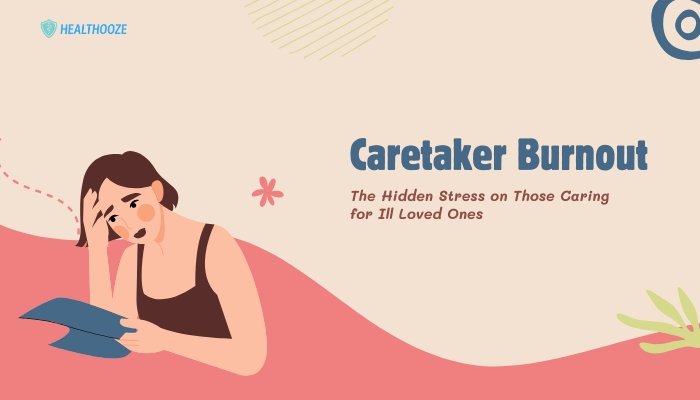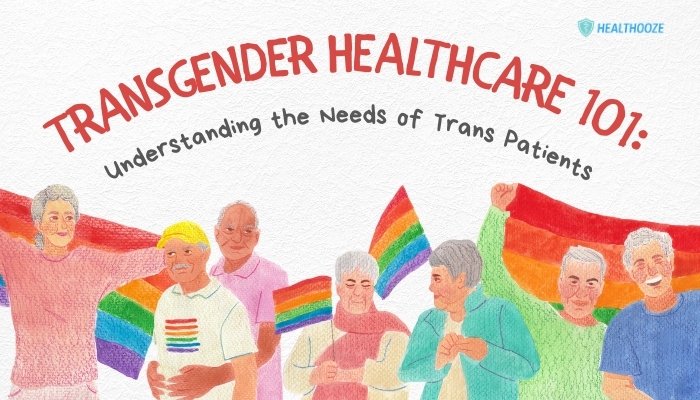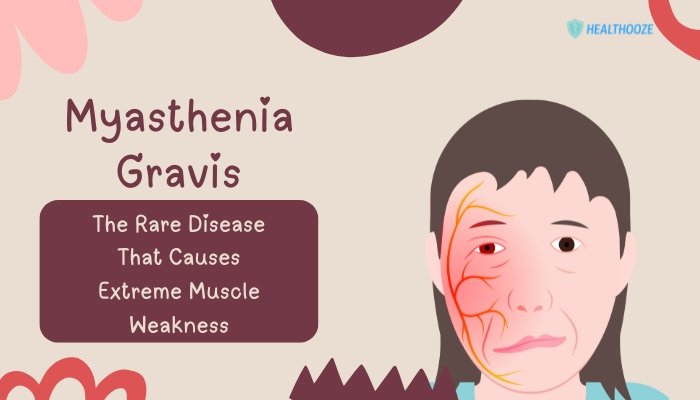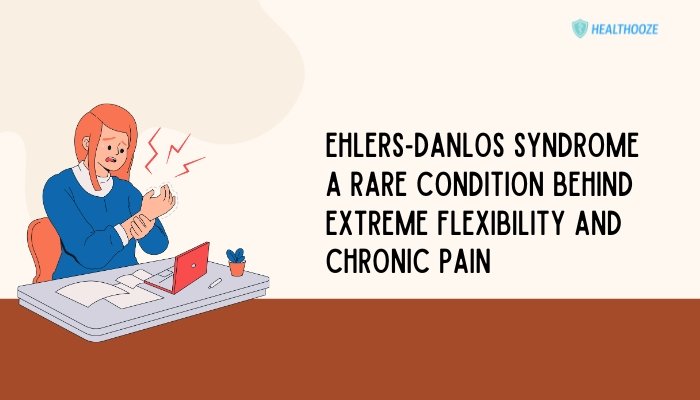Introduction
When a loved one is ill or disabled, family members often step in as unpaid caregivers—juggling medications, appointments, emotional support, and everyday tasks. While this role can be rewarding, the incessant demands also strain physical health, mental well-being, and relationships.
Caretaker burnout emerges quietly, with caregivers feeling trapped between their sense of duty and their own neglected needs. This article dives into the pressures of caregiving, the early warnings of burnout, and how respite, counseling, and community resources can protect caregivers from hitting a breaking point.
What Is Caretaker Burnout?
Defining the Condition
Caretaker (or caregiver) burnout refers to exhaustion—physical, emotional, and mental— that results from prolonged, unrelieved caregiving responsibilities. It mirrors job burnout but is often magnified by the emotional weight of caring for a loved one in distress. Over time, fatigue, irritability, and feelings of isolation can intensify, diminishing the caregiver’s ability to effectively care for the patient—or themselves.
Factors That Fuel Burnout
- Round-the-Clock Duties: Bathing, feeding, administering medications, plus the intangible load of supervising for emergencies, can erase personal downtime.
- Role Strain: Juggling job responsibilities, family obligations, or personal life while caregiving fosters guilt and constant stress.
- Emotional Toll: Witnessing a loved one’s suffering sparks worry, sadness, or frustration, which can escalate if the patient’s condition worsens.
Spotting the Signs of Burnout
Physical and Emotional Clues
- Fatigue and Sleep Problems: Difficulty dozing off or waking unrefreshed, even when opportunities to rest exist.
- Loss of Interest in Activities: Hobbies or social events that once brought joy feel like a burden or are abandoned.
- Irritability or Mood Swings: Quick bursts of anger or tears, spurred by seemingly minor triggers.
- Frequent Illnesses: Stress weakens immunity, leading to recurrent colds or infections.
Negative Thought Patterns
- Resentment: Feeling bitter toward the care recipient or other family members who aren’t sharing the load.
- Helplessness: Believing there’s no way to lighten the workload or find external help.
- Self-Disapproval: Feeling guilty for wanting breaks or for not being “good enough” at caring.
Consequences of Unchecked Burnout
Declining Care Quality
When a caregiver is overwhelmed, tasks might be rushed or neglected. Small mistakes—like mixing up medication times—can arise, posing risks to the patient.
Health Deterioration
Studies show caregivers with chronic high stress are prone to hypertension, depression, or even an increased risk for heart disease. Unmanaged anxiety can also disrupt appetite or lead to substance misuse.
Impact on Family and Relationships
Tension can build if the caregiver lashes out due to exhaustion, or if siblings disagree on responsibilities. Marriages might strain if partners spend limited energy or have little time for each other.
Coping and Prevention Strategies
Seek Support Early
- Respite Care: Short-term relief from volunteer groups, adult day programs, or professional in-home services so the primary caregiver can rest.
- Family Meetings: Establish clear tasks among relatives, rotating duties or scheduling visits to distribute the load more evenly.
- Community Groups: Local or online caregiver support networks provide emotional validation, tips, and resources.
Build Self-Care Routines
- Maintain Personal Health: Adequate sleep, exercise, and balanced meals bolster energy and resilience.
- Set Realistic Boundaries: Not every need requires your personal effort—some tasks can be delegated or simplified.
- Therapeutic Outlets: From journaling to therapy sessions, find ways to process grief, frustration, or sadness productively.
Explore Professional Help
- Counseling or Therapy: A mental health professional can teach stress-management techniques, help overcome guilt or anger, and foster healthier coping.
- Social Workers: Many healthcare systems assign social workers to connect families with financial aids, care resources, or legal advice.
Systemic and Policy Measures
Paid Family Leave Programs
Laws enabling caregivers to take time off work to assist ill family members, receiving partial wage coverage, reduce financial strain and stress. This approach is more common in certain countries or states but remains absent in others.
Health Insurance and Caregiving Support
Policymakers can expand coverage for home health aids or respite care, acknowledging that the cost of supporting a caregiver pays off by preventing hospital readmissions and mental health crises.
Employer Sensitivity
Employers might adopt flexible schedules or remote options for caregivers, similar to how they accommodate child-care. Understanding from bosses and co-workers fosters a healthier work-life balance.
Conclusion
Caretaker burnout remains a hidden toll among those who devote themselves to ill or disabled family members, risking both physical and psychological health. Left unchecked, the cycle intensifies—leading to poor care and emotional crises. But with strategic planning, open communication, professional help, and a supportive social environment, caregivers can find equilibrium and maintain their own well-being while providing compassionate, consistent care. Recognizing caregiver distress early and normalizing help-seeking ensures that the selfless act of caring doesn’t become a silent sacrifice of the caregiver’s own life and health.
References
- National Institute on Aging (NIA). Caregiver stress: Tips for taking care of yourself.
- American Psychological Association. Family caregiving for older adults.
- Family Caregiver Alliance. Understanding caregiver burnout and stress management.






